Taking what is euphemistically termed the ‘Kashmir Problem’ as a case of contested secession, this book reflects on the wider theoretical issue of what kind of a right is the right of secession; what are the circumstances in which this right can be justified; and what are the moral considerations that impact the right. By building into liberal theories’ additional factors that characterize contested secessions, Neera Chandhoke reworks existing understandings of secession.
In this timely and original book, the author addresses concepts of core moral and contingent rights, such as the right of secession, processes of justification, national self-determination, democracy, justice, and pluralism. She develops a framework of normative principles that can help map and sort out vexatious issues in contested secessions characterized by extensive violence, third-party intervention, and dissenting minorities.
Chandhoke critically evaluates the use of state violence in such cases and supports her argument by examples from across the globe spanning the nineteenth and twentieth centuries. The argument culminates in the proposal that the principle of self-determination should be de-linked from secession and seen as a constitutive aspect of democracy.

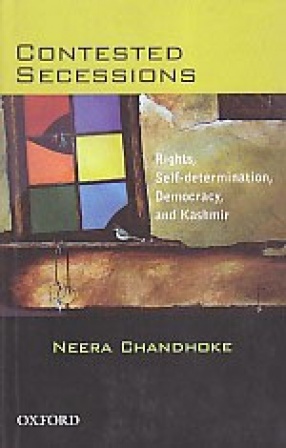

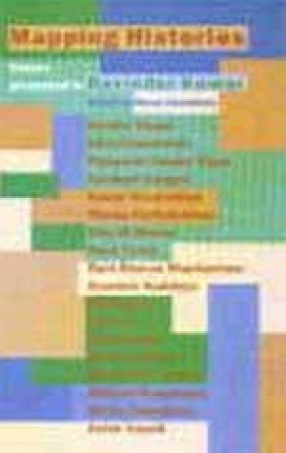
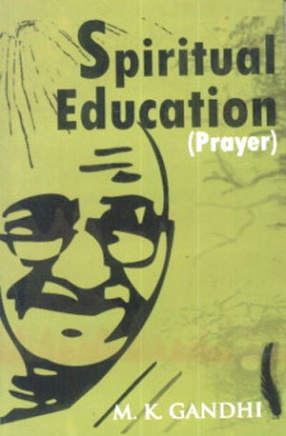
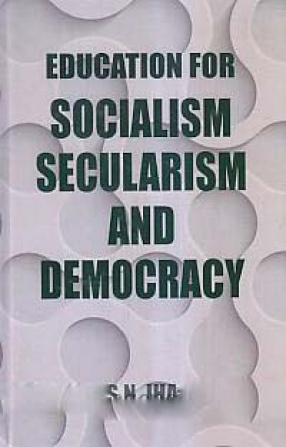
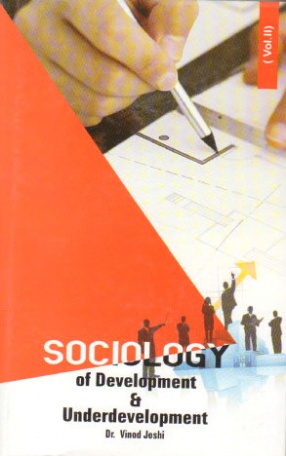
There are no reviews yet.